The gravity of police brutality in Kenya came into sharp focus on Thursday as Constable Klinzy Barasa Masinde stood alone in the dock at the Milimani Law Courts, accused of the murder of a 22-year-old street vendor during the recent anti-government protests. The hearing marked a chilling chapter in the nationwide outcry over extrajudicial killings, with no senior security officials present to offer support or accountability.
Masinde, visibly distressed, broke into tears as the court directed that he undergo mental evaluation before entering a plea to murder charges. The victim, Boniface Kariuki, was reportedly unarmed and selling face masks near Nairobi’s CBD when he was gunned down at close range. His death triggered nationwide condemnation and further ignited outrage against police conduct during public demonstrations.
State’s Silence Sparks National Concern
In a courtroom packed with rights observers, the absence of National Police Service and Interior Ministry leaders was deafening. For a force often accused of operating under opaque directives, their failure to stand by their junior officer drew sharp criticism from civil society, legal experts, and human rights defenders.
“This is a sacrificial trial. The system is washing its hands of responsibility while letting one constable carry the weight of an entire institution’s failures,” said a lawyer with the Independent Medico-Legal Unit.

The case has raised fresh questions about who authorized the deployment of lethal force during protests, and whether command structures will be subjected to scrutiny.
A Widening Gap in Public Trust
Masinde’s indictment, while seen as a rare attempt at accountability, is also being interpreted as a tactical move to quell rising political pressure. Protests have escalated over the past month, driven by growing public frustration with the government’s economic policies and what many perceive as a return to authoritarianism.
Human rights bodies have called for a full, transparent investigation—not just into the officer’s actions, but into the broader chain of command that oversaw operations on the day Kariuki was killed.
“The Kenyan people are demanding more than the prosecution of a single officer. They want structural reform. They want justice for all victims of police violence, not selective punishment,” said a statement from the Kenya Human Rights Commission.
Judiciary Caught in Crossfire
The judiciary is now under intense pressure to demonstrate independence and fairness in a case that could set a precedent for future prosecution of police misconduct. If convicted, Masinde faces life imprisonment under the Penal Code.
However, legal experts warn that without accountability at the top, justice will remain symbolic. They argue that scapegoating junior officers while shielding command-level officials only deepens impunity within the police force.
Next Steps
The court will reconvene after Masinde’s psychiatric evaluation to determine the next phase of the case. Meanwhile, the Director of Public Prosecutions has come under fire for not pursuing the case beyond Masinde. Civil society groups are demanding arrests, questioning why no commanding officers have been summoned or charged.
The Independent Policing Oversight Authority (IPOA) has yet to release its full findings on Kariuki’s death, even as calls intensify for disclosure of radio communications, ballistic reports, and internal directives issued during the protests.
Conclusion
Constable Masinde’s solitary appearance in court may mark a legal milestone, but it exposes deeper cracks in Kenya’s justice system. As anger over state violence grows, the nation watches closely to see whether this case will become a turning point—or just another headline in a long list of unaccounted abuses.



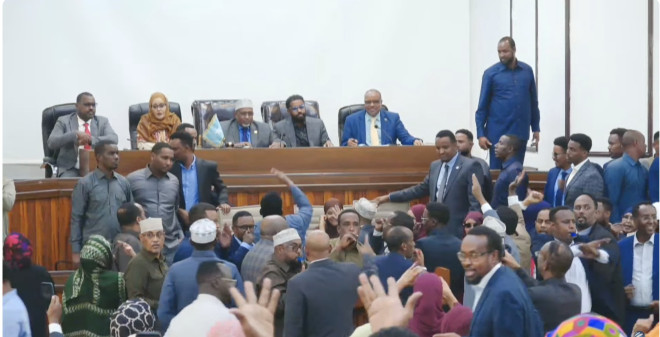
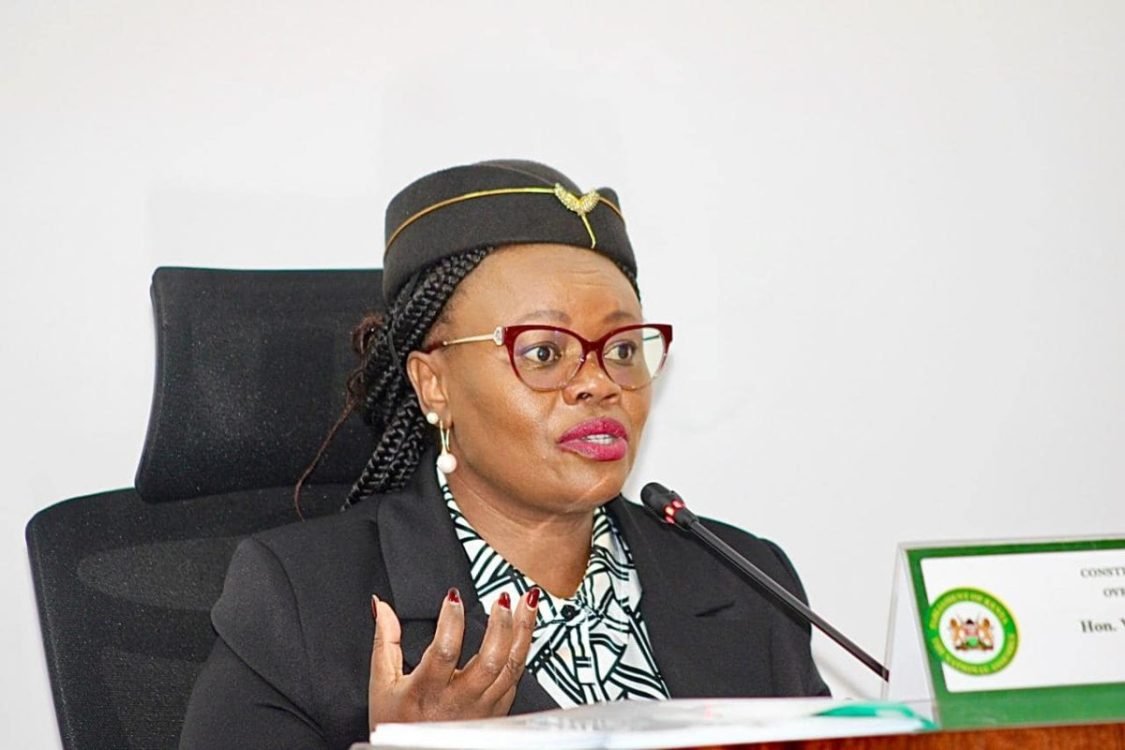
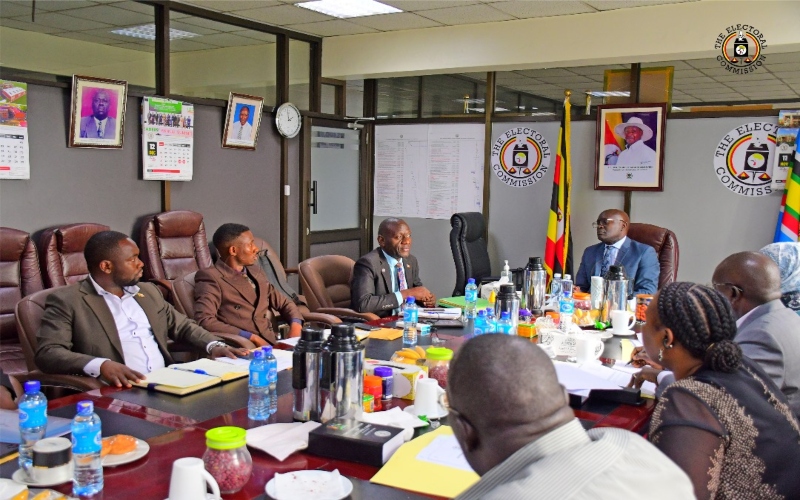
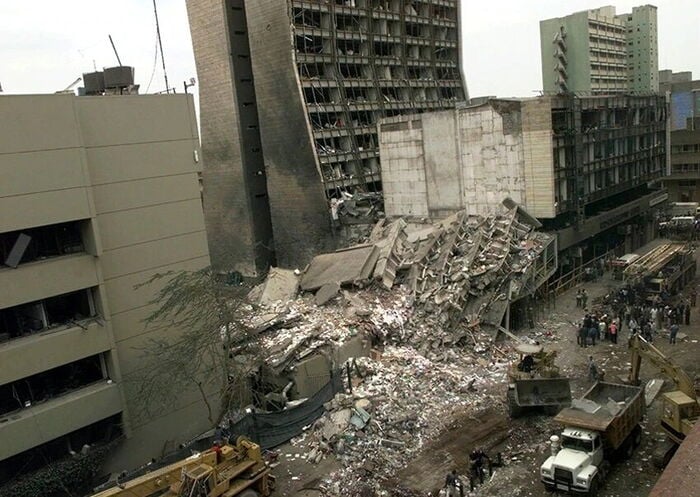
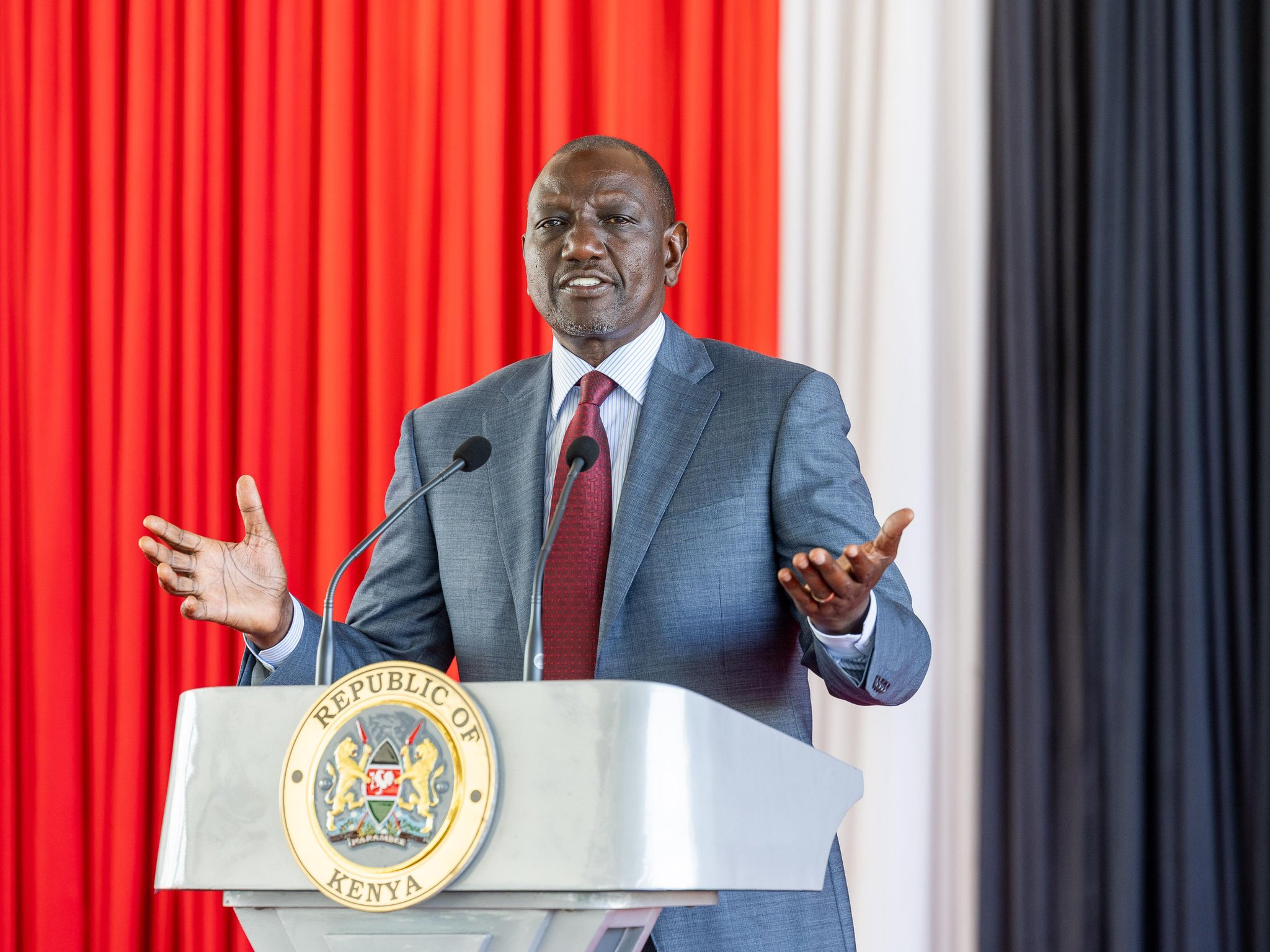


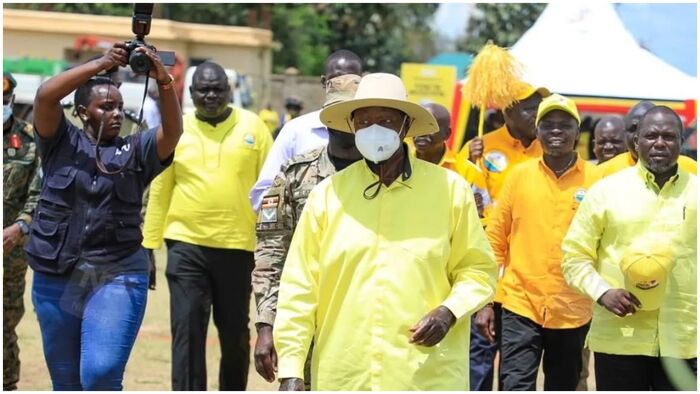
Leave a Reply